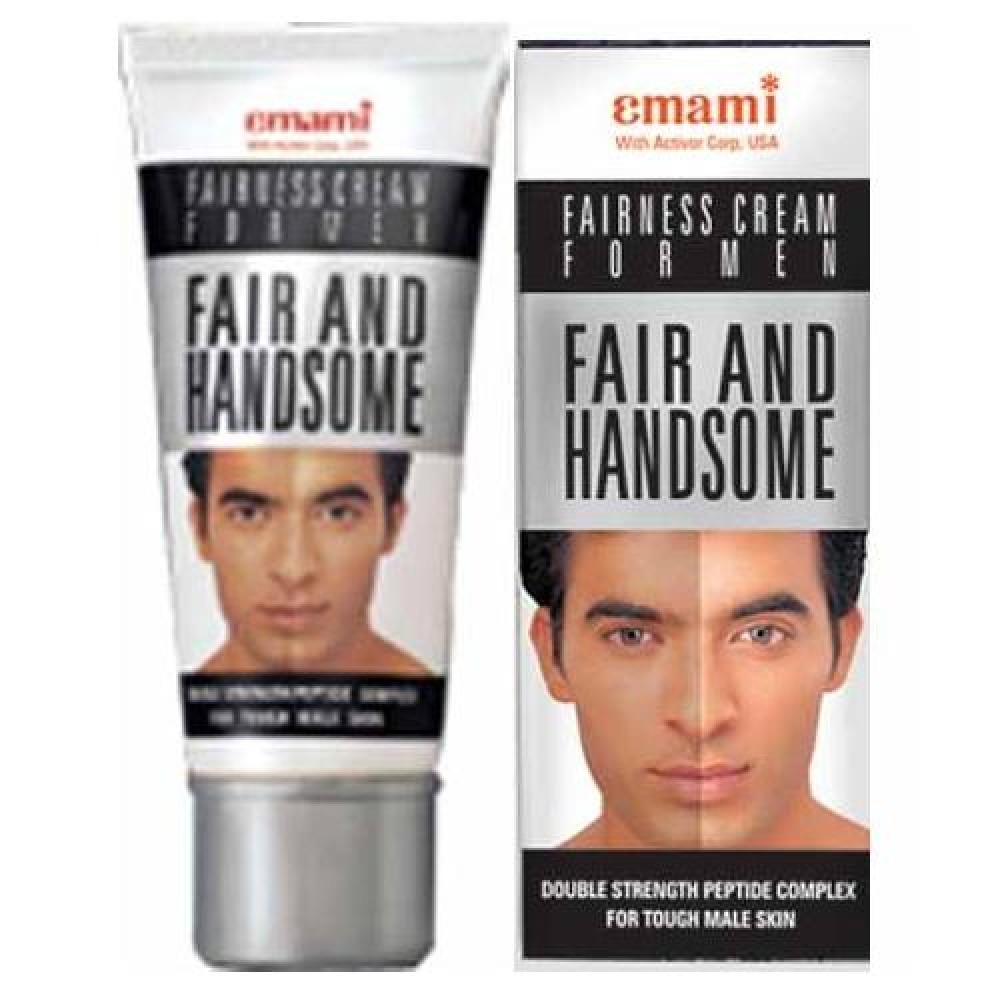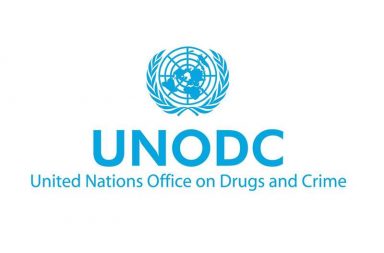By Farzana Akhtar Hira
We are bombarded by advertisements of fairness creams, soaps and face wash on a daily basis. It’s literally everywhere, on television, billboards and in print. Given the people’s obsession with white skin, the manufacturers and advertisers are even successful in selling these products and tap a solid profit.
These products do not work and we all know that. But while many of us cringe and sometimes even snigger at them, hardly anyone speaks against them. This is where K Chaathu comes in. Tons of thanks should be given to this sculptor from Kerala. After using a soap which promised him ‘fair skin’, Chaathu took the brand and its ambassador actor Mammootty to court as he did not get the desired result. The sculptor will get a compensation of Rs 30,000 from Indulekha after Chaathu took the matter to a consumer court.
He had told that he had been using the Indulekha white soap, endorsed by Mammootty for one year but was “disappointed” with the results. Chaathu had approached a consumer court in Wayanad (in Kerala, India) earlier last year, claiming a total compensation of Rs 50,000 from the actor and the manufacturer after the “fairness soap” failed to produce the desired results. The case was taken up in court in September 2015.

“I have been using the soap for the past one year. But the promised results have not yet been seen. A person of Mammootty’s stature, who has lot of influence, should not have cheated the people”, Chaatu told.it is appeared that the tagline of Indulekha soap, “Soundaryamningalethedivarum (Beauty will come in search of you),” was questioned by the court and the company chose to pay the compensation instead of fighting the case.
Amity Law School student Paras Jain recovered Rs 15 lakh in damages from India’s first and biggest fairness cream brand Emami, for causing psychological hardship to his brother Nikhil Jain, through its allegedly false claims of fairness. Emami was also banned from advertising its product “Fair and Handsome” by the district consumer forum in Delhi which awarded Jain the punitive damages and Rs 10,000 to cover the cost of the three-year litigation in the case. The court rejected Emami’s argument because it was contrary to its advertised claim of guaranteed fairness, which therefore constituted “misrepresentation”.

Paras Jain reportedly commented: “While the cream didn’t damage my brother’s skin, it had a psychological effect. The company is playing with the emotions of so many people who want to look and feel better.”
The Advertising Standards Council of India (ASCI) had, even before this court order, prohibited fairness cream ads from showing darker-complexioned people as unhappy or disadvantaged or belonging to any particular socio-economic class, ethnicity or community.
If we take buying and selling as a contract, these incidents strikes down the very nature of the pillars of contract. No contract can be made on “misrepresentation”. Besides, displaying dark people as “husky” triggers racism in sleep mode.It is gradually boosting up social and psychological disorder. Any disorder is a threat to social justice .and social justice requires indiscriminate treatment everywhere.
Recently a positive campaign is shown in our country which is tuned with comfortable version of dark-skinned people. Meril is trying to attract consumer with preach-note “fresh manei shundor”. which is definitely a positive outcome holder in the psychology of consumers.
Sound trade practice accelerate the rule of law. When public commitment is betrayed, the order is collapsed, which is harmful for the socio-economic aspect of the country. Such kind of practice should be banned for achieving constitutional mandate of exploitation free society though the exploitation is psychological one.
____________________________________________________________________________
Farzana Akhtar Hira holds an LL.M from University of Dhaka. She can be reached at farzanahira0@gmail.com



